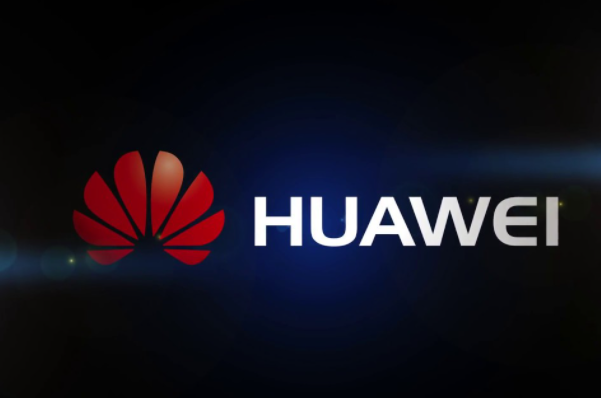ANALYSIS-U.S. efforts on Huawei executive case may save Canada's stalled China policy
Shortly after Meng was picked up on a U.S. arrest warrant in December 2018, China detained two Canadian men - Michael Kovrig and Michael Spavor - who now face spying charges. Having failed to secure their release, Canadian Foreign Minister Francois-Philippe Champagne has talked for months about a formal "reset" of relations with China.

- Country:
- United States
Canada could see the end of a nasty diplomatic dispute with China if the United States reaches a deal to release a Huawei executive from house arrest in Vancouver, but the affair shows that without the heft of its southern neighbor, Canada has no bargaining power with Beijing.
And even if Huawei Technologies Co Ltd Chief Financial Officer Meng Wanzhou does return to China, relations between China and Canada still face major challenges. Shortly after Meng was picked up on a U.S. arrest warrant in December 2018, China detained two Canadian men - Michael Kovrig and Michael Spavor - who now face spying charges.
Having failed to secure their release, Canadian Foreign Minister Francois-Philippe Champagne has talked for months about a formal "reset" of relations with China. The idea was to balance taking a firm line on human rights issues and defending Hong Kong's independence, while working together with China on issues such as climate change.
Four people directly familiar with the matter said the effort stalled amid internal disagreements over what approach to take, and the realization that Ottawa has very little leverage over Beijing. "The only way to put real pressure on China is for a number of like-minded nations to form a common front. The United States are the key player here and without them, nothing will happen," said one person directly familiar with the policy reset talks.
Champagne's office had no immediate comment on the topic. U.S. prosecutors are discussing a deal with Meng's lawyers to resolve criminal charges against her, a person familiar with the matter said on Thursday.
"Let's hope that the discussions are serious and that a solution can be found because otherwise I think we would be in a mess for a long time," Guy Saint-Jacques, former Canadian ambassador to China, told the Canadian Broadcasting Corporation. Usually talkative Canadian officials are keeping silent over whether they are playing any role in the Meng talks, and Prime Minister Justin Trudeau declined to comment when asked about it on Friday. His "top priority" is the release of the two detained Canadians, he said.
Foreign policy experts said Canada would have to insist that the administration of U.S. Donald Trump - which has not always had good relations with Ottawa - secure from China a guarantee it would release the Canadians as part of any deal. "Without the two Michaels being part of the package, we have no leverage at all if Meng should return to China," said Phil Calvert, a former Canadian diplomat in China and now a research fellow at the University of Victoria.
"Chinese officials have sent all sorts of unofficial signals that they would be released, and that would be great. But we would be relying on China to keep its word and they could take some time to release them too," Calvert said in an email. Even if Meng were released, the remaining challenges include Canada's decision on whether to allow Huawei to supply equipment for next generation 5G telecoms networks. Other major allies have imposed a ban but Ottawa says it is still deciding what to do.
Sources say Canada has effectively blocked Huawei but does not want to say so publicly for fear of harming the fortunes of the two detainees. Trudeau's minority Liberal government, which relies on other parties to govern, is under pressure from the official opposition Conservatives to take a much tougher line with China.
"There has been no reset. I can't point to one thing that has changed with respect to China," Conservative leader Erin O'Toole said in an interview on Nov. 19. U.S. President-elect Joe Biden this week said one of his priorities would be to gather with allies "so we can develop a coherent strategy" on China, especially on matters such as theft of intellectual property and dumping.
What role Ottawa would play in such talks is unclear. Like-minded democracies in the region such as Japan or South Korea, are important allies for any coordinated China policy, said a person familiar with the matter, who added, however: "Without the United States, Canada doesn't have a China policy."
(This story has not been edited by Devdiscourse staff and is auto-generated from a syndicated feed.)
ALSO READ
Canadian espionage agency claims China interfered with last two elections won by Trudeau
China tried to meddle but Canadians decided the last two elections, says PM Trudeau
On Nijjar killing, Justin Trudeau tells public inquiry panel, "We have stood up for Canadians"
China tried to meddle but Canadians decided the last two elections, says PM Trudeau
IPL 2024: LSG head coach Justin Langer confirms pace sensation Mayank Yadav 'unlikely to play' next two games










